French university closes site over drug dealing
A French university is set to temporarily close one of its buildings in Marseille over drug-related dealings leading to insecurity at the site, the university's president has announced.
Reports of drug trafficking prompted the officials at Aix-Marseille University to announce that they are closing its Faculty of Economics and Management in the impoverished downtown area of the famous French port city, local media reported on Wednesday.
“As you know, after months of concern and alert, the dean of the faculty of economics and management of the Colbert site in Marseille took the decision to close access to this building to students and staff, for lack of being able to ensure their safety,” President of Aix-Marseille University, Eric Berton wrote in a letter addressed to the prefect and the police chief of Bouches-du-Rhone, as well as to the prosecutor and the mayor of the famous port city in southern France.
The university faculty announced that the decision to close the college will apply from October 6 and will last for at least one week, affecting 1,500 students.
“Student precariousness is becoming dramatic,” Berton was quoted as saying.
Berton added classes will continue to be provided remotely during the temporary closure of the Marseille building located in the poor section of the city center. Aix-Marseille University, which boasts to be the 1st university in France, has branches in 4 French cities.
“The courses will be provided remotely and the staff, for some, will be redeployed or teleworking,” he added, noting that this choice “is the worst” that could be “given to him to do both reception and the well-being of our students which are at the heart of the University's commitment.
Berton called on the French government to take necessary measures to restore security in the city.
“Beyond our own proposals to improve the security of the site and its surroundings, I call on your mobilization and cooperation so that all the institutional actors in our territory find suitable and rapid responses in order to secure this neighborhood and the living environment of our students and staff,” he stressed.
The French port city of Marseille has been affected by a drug trafficking hub for decades; however, the level of violence applied by drug gangs to maintain their control over drug sales is increasing.
Drug-related gang violence in France's second-largest city after the capital Paris, has left more than forty people dead this year in turf wars between narcotics dealers, with the state prosecutor describing it as a "bloodbath".
In August, French Interior Minister Geral Darmanin deployed a special police unit to end the fighting between rival criminal gangs.
The deployment of the CRS 8 to Marseille came as unrest and crimes, including drug trafficking, had not only increased in the French port city but also in cities across the country.
The Republican Security Company CRS 8, also known as “fast downforce“, which specializes in urban violence, targeted the criminals at their dealing points.
According to Marseille's state prosecutor Dominique Laurens, criminal organizations of "Yoda" and "DZ Mafia" were vying for control of the drug market in the notorious northern neighborhoods of Marseille.
The CRS 8, which consists of two hundred experienced police officers divided into two groups of 100 and rotating to be available on call 24/7, had already been dispatched to Marseille in February and April.
The specialized police unit is said to be “intervening in acts of urban violence where the threat is particularly strong”.
It is worth noting that the South France port city was part of the "French Connection", which was the world's largest network of heroin production and smuggling for many decades.
The "French Connection" was run by mafia groups with Corsican origins who imported morphine from poppy plants grown in Asia to Marseille where they were turned into heroin and shipped to other places, mostly to the United States. The criminal network was finally dismantled by police in the late 1970s.
In early 2021, French President Emmanuel Macron visited Marseille on a three-day tour, vowing to solve the issues wracking the city, particularly promising to devise plans to eradicate violent drug crime and poor infrastructure in France's major port.
Magnetic revolution: Iran’s nano-solutions driving cleaner and greener oil industry
Deadly clashes erupt in Syria’s Aleppo as US-backed SDF forces defy HTS rule
FM Araghchi: Iran’s internal affairs solely matter of its people
Iran army chief: Enemy threats will not go unanswered
Iran: Israeli FM’s visit to Somaliland a ‘dangerous precedent’
Rome protests Maduro abduction by US
Leader of Yemen’s separatists flees ahead of talks in Saudi Arabia
Venezuela to deliver 30-50 million barrels of oil to US: Trump


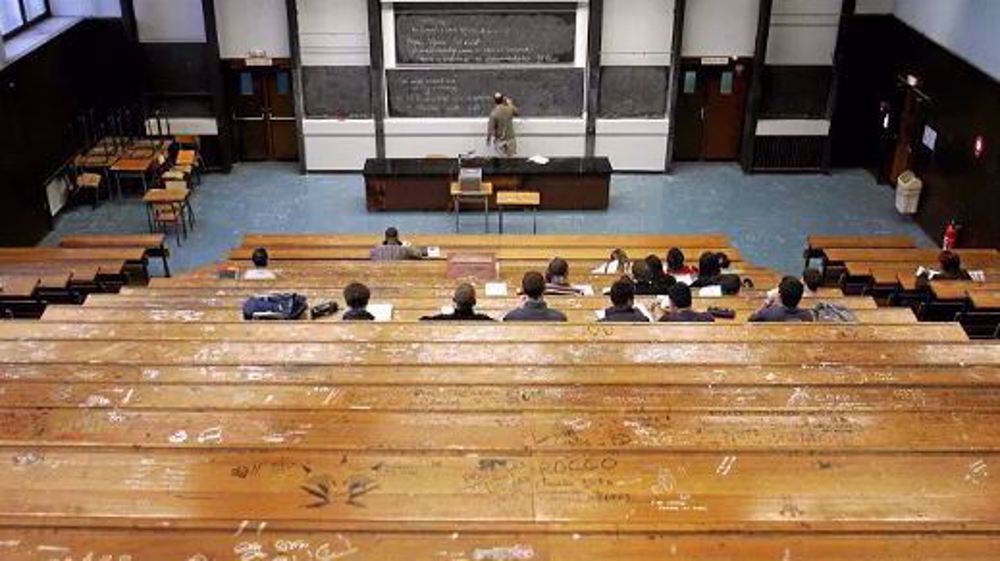
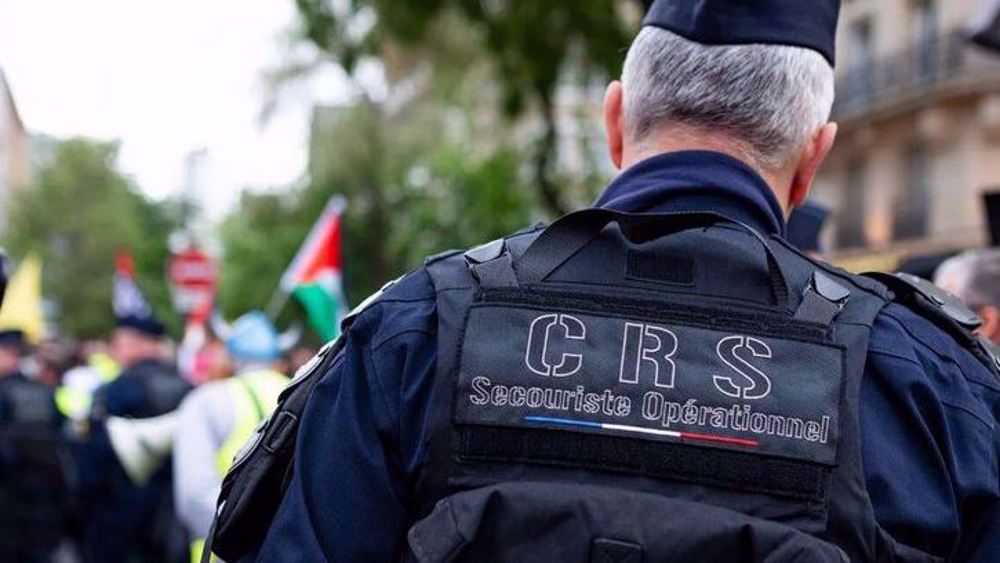
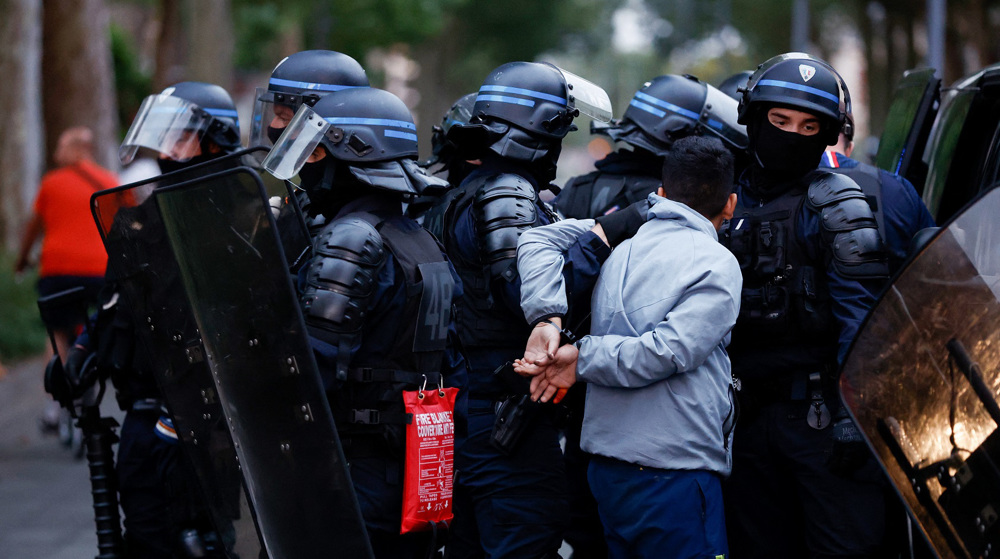
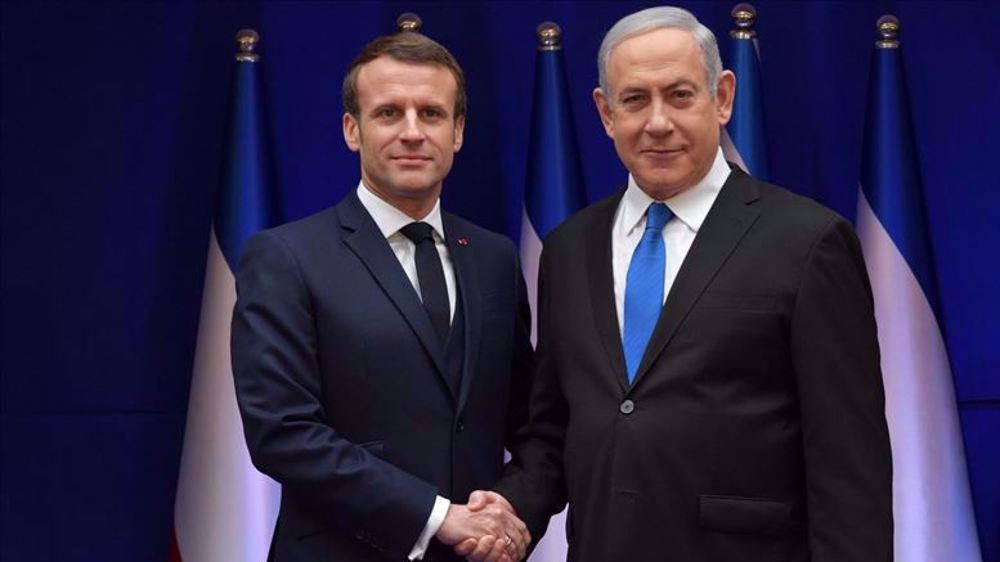
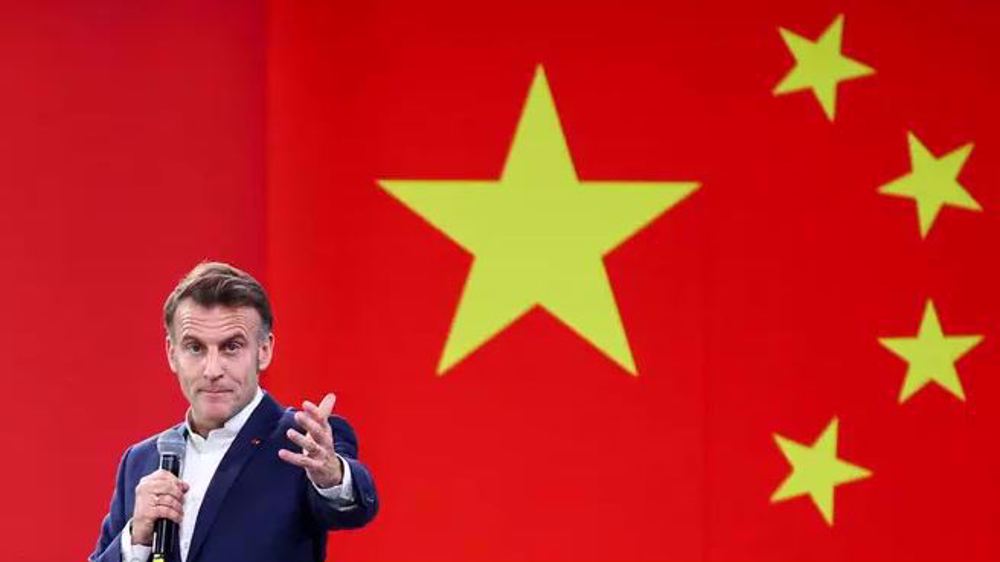
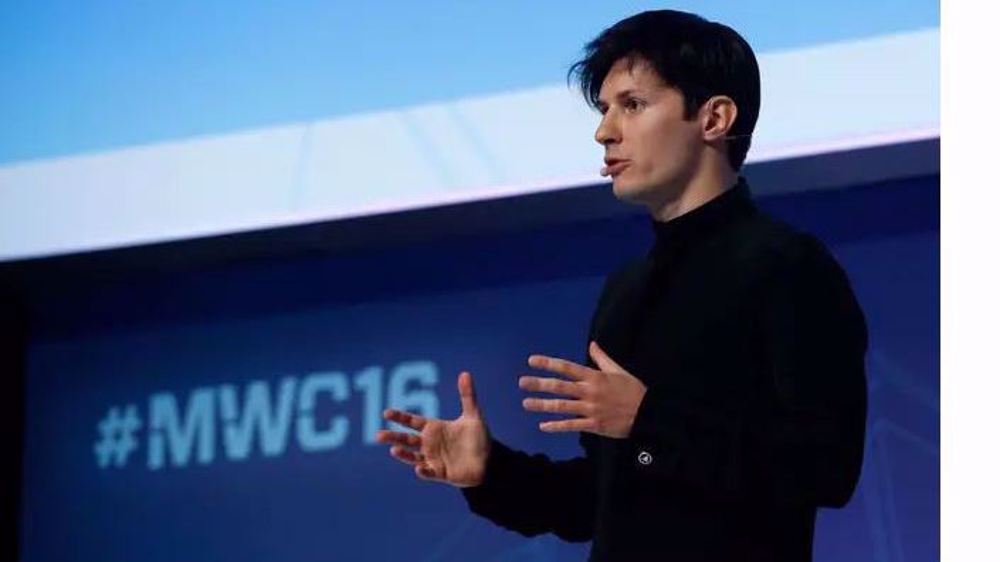



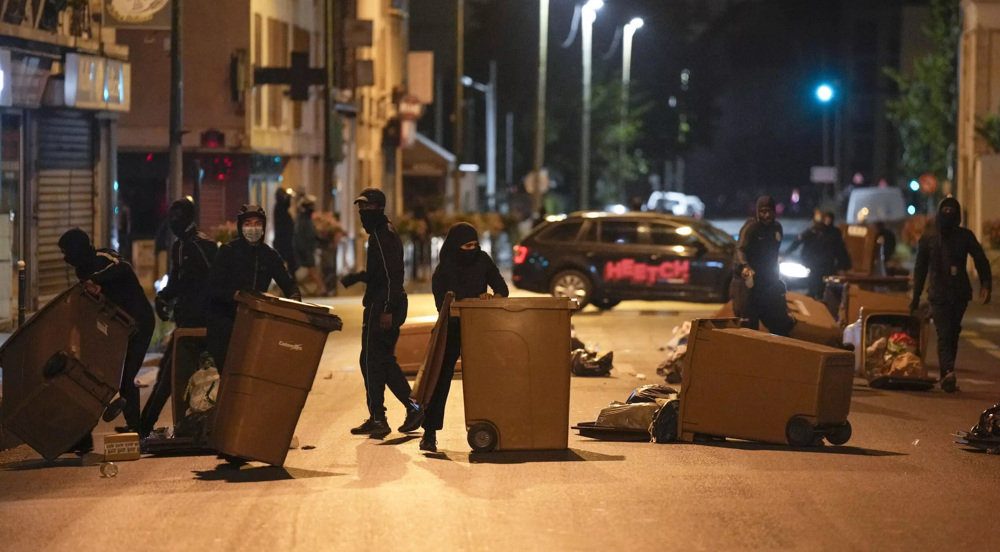
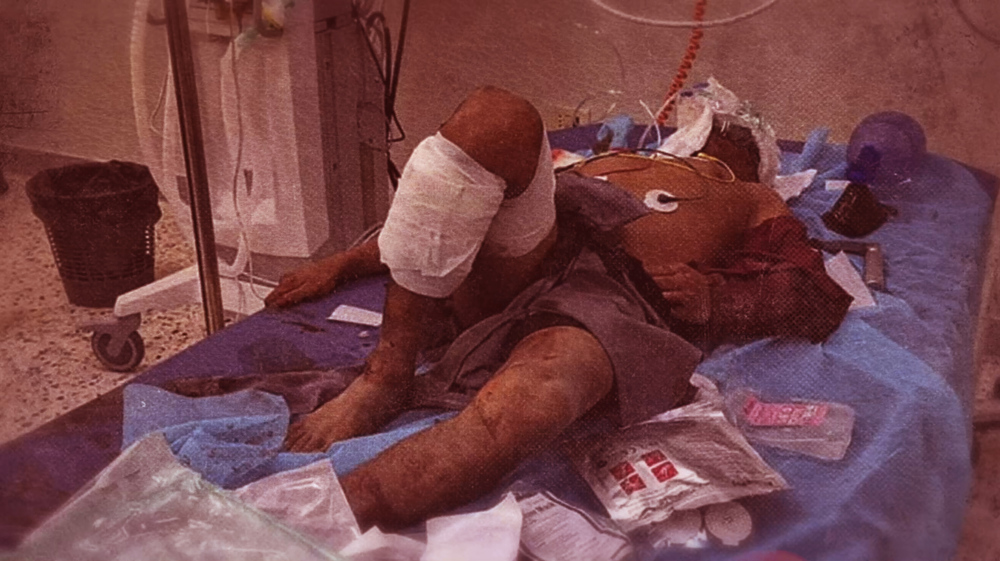

 This makes it easy to access the Press TV website
This makes it easy to access the Press TV website